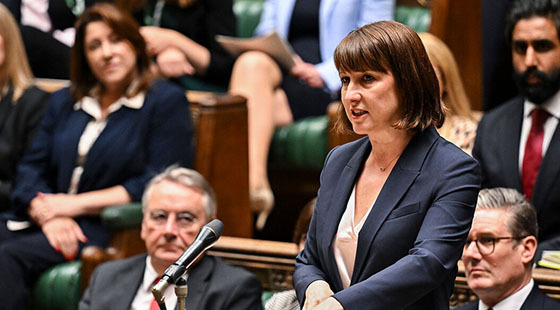Hospitality leaders’ optimism for industry’s prospects rises since start of the year
Optimism among leaders of Britain’s top hospitality groups has risen since the start of 2023, according to a recent survey.
The Business Confidence Survey, led by research and insight company CGA by NIQ inventory management firm Fourth, found that 54% of leaders felt optimistic about prospects for their business over the next 12 months. This represents an increase of seven percentage points from the January survey, and is more than double the number who feel pessimistic.
Of those taking part in the survey, 52% were in CEO or managing director positions, 25% at chair or board level, and 23% in other senior management roles.
The quarterly poll, whose responses were based on hospitality leaders operating at over 16,000 sites, also showed that the proportion of leaders feeling confident about the eating and drinking out market in general has risen by ten percentage points to 40%.
All figures, however, remain below the levels seen before the pandemic. The survey reveals the ongoing impacts of inflation on hospitality. A quarter of leaders said their business operated at a loss in the first quarter of 2023, while a third said their profitability has been below last year’s levels.
There are also signs that some businesses weakened by the pandemic remain at risk. More than a quarter (28%) of leaders said they now have fewer than three months’ worth of cash reserves, and one in seven said their business is at risk of failure in the next 12 months.
Karl Chessell, CGA by NIQ’s director, hospitality operators and food, EMEA, said the survey highlights the “impressive resilience” of the sector. He added, however, “the relentless rise in bills for businesses and consumers alike leaves many firms and jobs extremely vulnerable”, called on the government to support the sector.
Sebastien Sepierre, Fourth’s managing director EMEA, said despite the increasing energy and product costs, and labour shortages, it’s “encouraging” to see business confidence rise across. He added: “It’s crucial that businesses are getting access to as much support as they can get and are utilising the right tools and technology to help them operate as efficiently as possible, giving sector businesses full control and oversight of their spending across labour and supply.”























